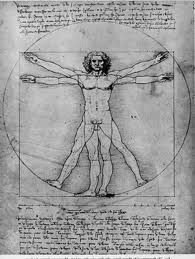 Scientists in Regenerative Medicine study the molecular, cellular, and developmental processes that control the development of new, healthy tissue.
Scientists in Regenerative Medicine study the molecular, cellular, and developmental processes that control the development of new, healthy tissue.
In order to provide an overview of what Regenerative Medicine entails it is helpful to discuss the objectives of the field:
- To understand the cellular and molecular mechanisms of regeneration where it occurs naturally and how these mechanisms differ from the mechanisms of scarring.
- To use the knowledge gained from this mechanistic understanding to develop therapies that will stimulate functional regeneration of damaged human tissues that do not possess the capacity to regenerate on their own.
In understanding these mechanisms, scientists will gain the ability to manipulate the growth of cells and tissues toward a state of regeneration rather than fibrosis.
The field of Regenerative Medicine seeks to treat and cure diseases by discovering the underlying mechanisms that are utilized by nature to restore the structure and function of damaged or diseased tissues and organs.
By bringing together multiple disciplines, inlcuding biology, chemistry, engineering, mathematics, and computer science, to name a few, Regenerative Medicine is evolving to help revolutionize the world of science and medicine.
“Most tissues are in a constant battle between tissue regeneration and repair by fibrosis (scarring)” as author, David Stocum, puts well. He also notes a fundamental question scientists in the field of Regenerative Medicine ask: “Why do we see scar tissue form (fibrosis) when an organ or body part is damaged or lost (for example, a finger or toe is severed) instead of regrowth or regeneration of the tissue?”
Reference: Regenerative Biology and Medicine, David L Stocum ©2006, Elsevier Inc.

